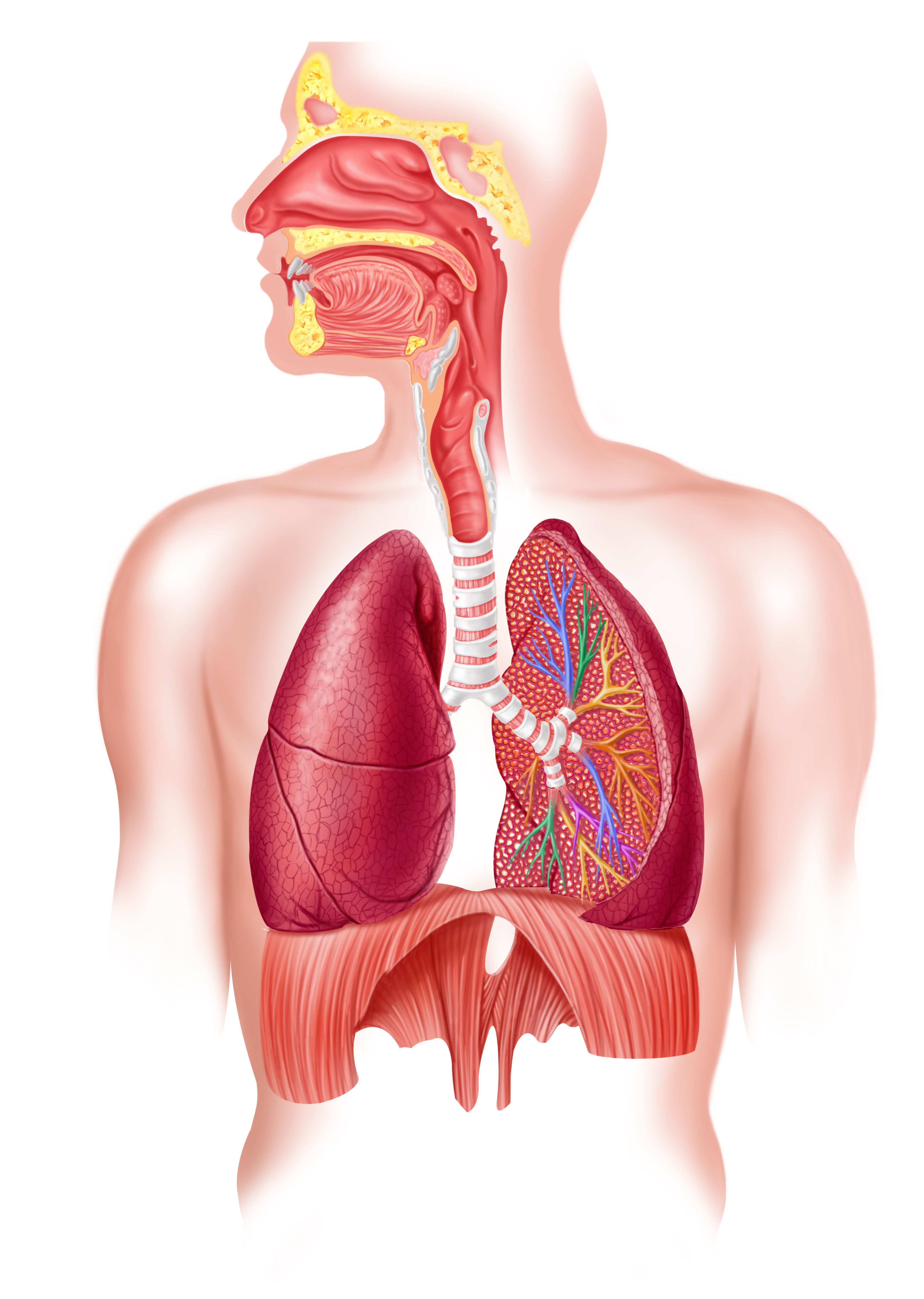- Center on Health Equity & Access
- Clinical
- Health Care Cost
- Health Care Delivery
- Insurance
- Policy
- Technology
- Value-Based Care
ICYMI: Highlights From CHEST 2023
Our top coverage from the CHEST Annual Meeting 2023 explored various topics, including strategies to prevent air pollutant exposure and keys to achieving equity in lung cancer screenings.
Our top coverage from the CHEST Annual Meeting 2023 included the importance of challenging assumptions in pulmonary care, the increasing lung cancer rate for female Asian patients who never smoked, and the unmet needs of patients with chronic obstructive pulmonary disease (COPD) and severe asthma.
Here are your CHEST 2023 conference highlights; click here for all coverage from the conference.
Respiratory system
Image credit: matis75 - stock.adobe.com

5. It’s Important to Challenge Assumptions in Pulmonary Care, Says Dr Aparna Balasubramanian
In this interview, Aparna Balasubramanian, MD, assistant professor of medicine, division of pulmonary and critical care, Johns Hopkins School of Medicine, discussed the need for equity within the treatment of patients with COPD. Balasubramanian emphasized that physicians should contest previously-held inequitable beliefs, such as the use of race-specific equations that can help detect COPD, which she expanded upon within her study, “Early Evidence of COPD Obscured by Race-Specific Prediction Equations.”
4. Keys to Achieving Equity in Lung Cancer Screening Include Erasing Stigma, Tackling Systemic Barriers
This article summarized the interactive discussion “Achieving Health Equity in Lung Cancer Screening” where panelists noted that although low-dose CT scans for lung cancer are the most effective cancer screening exam, only 5% of eligible individuals have been screened. Because racial and ethnic minority groups were even less likely to receive screening, they added that increasing lung cancer screening uptake without tailoring outreach and follow-up for underserved populations risks may result in larger screening disparities; thoughtful, multifaceted approaches are needed to close the gaps.
3. Digging Into the Increasing Lung Cancer Rate for Female, Asian, Never Smokers: Dr Jeffrey Velotta
In this interview, Jeffrey Velotta, MD, FACS, of the University of California San Francisco School of Medicine and Kaiser Permanente School of Medicine, expanded upon his findings in the study “Trends in Smoking-Specific Lung Cancer Incidence Rates Within a US Integrated Health System, 2007-2018.” He noted what further research is needed to better understand the causes and patterns of lung cancer among adults who have never used tobacco, especially for those of Asian and Pacific Islander origin. Velotta explained that more research especially needs to be done to understand why lung cancer is decreasing in incidence for all populations except female Asian American nonsmokers.
2. Air Pollution, Lung Health, and the Role of the Pulmonologist
This article shared the main points of the session “Air Pollution and Health: From Tailpipes and Smokestacks to Our Patients and Communities.” One of the panelists, Gillian Goobie, MD, PhD, of the University of British Columbia, explained that recent research demonstrated that air pollution is associated with accelerated lung function decline in patients with COPD; for patients with asthma, she also noted that gaseous pollutants contribute to airway hyperreactivity and bronchoconstriction. Because of the health ramifications of air pollutants, the panelists noted that pulmonologists have the power to arm their patients with protective strategies to limit pollutant exposure. These strategies include staying indoors, avoiding smoking and cooking, and using flashlights instead of candles.
1. Claims Data Hint at Unmet Needs Among Patients With Severe Asthma, COPD
This article summarized 2 posters presented at the CHEST Annual Meeting 2023, which demonstrated that the wealth of information contained within large claims databases can reveal unmet needs for patients with COPD and severe asthma. For patients with COPD, these unmet needs included the lack of therapy escalation when warranted, high use of oral corticosteroids, and the use of multiple inhalers. As for those with severe asthma, the unmet needs included the lack of testing for eosinophilic phenotype, eligible patients with uncontrolled disease who had not yet tried a biologic drug, and high use of oral corticosteroids.
Knowledge Gaps Persist in Patient Understanding of Skin Cancer–Related Terms
January 13th 2026On average, patients with multiple prior dermatology visits still scored below 75% when identifying common skin cancer terms, underscoring the need for clearer patient-physician communication.
Read More
